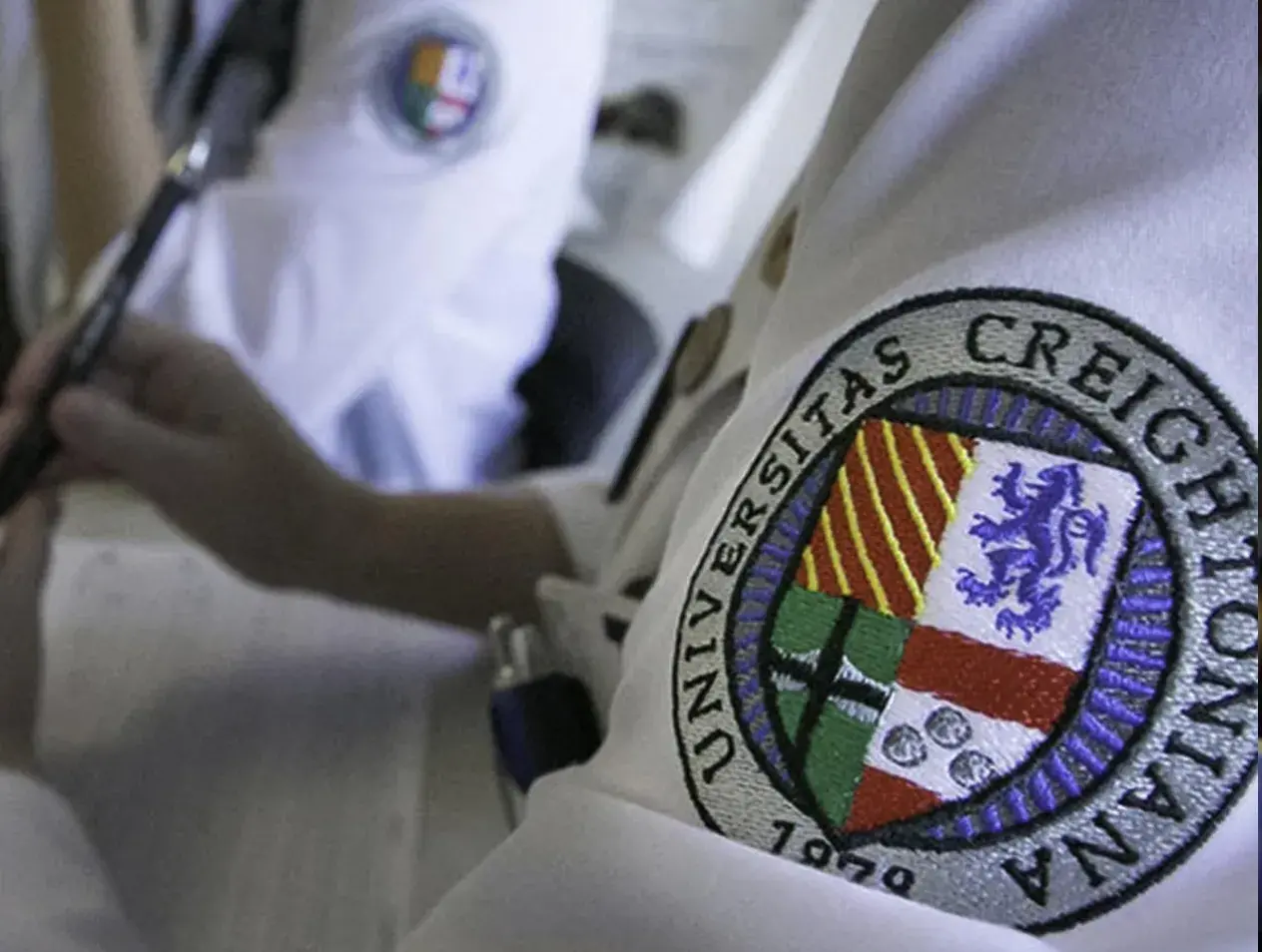
Program Goals
Six Program Goals for the Physician Assistant Program in Phoenix
Learn about our PA program program goals below.
Goal 1
Create and nurture a learning environment that embraces diversity, equity, and inclusion
The PA program values communities that are reflective of all the ways in which individuals and groups differ. To develop a diverse community of learners, recruitment and outreach efforts are targeted to reach a broadly diverse pool of potential applicants, particularly underrepresented minorities in medicine and first-generation college students.
The program curriculum will emphasize cultural humility, prepare graduates to practice in diverse settings, and promote advocacy for inclusive practices in healthcare.
The university provides support, programs, and services that promote diversity, equity and inclusion, and a positive learning environment for all students.
Goal 2
Support a culture of service to others and to community
Consistent with our mission, service to humanity will be emphasized throughout the program. The admissions process will select for applicants who have demonstrated a commitment to service to others. Students will be encouraged to seek extracurricular service opportunities.
Goal 3
Foster the personal and professional development of students as medical providers
A commitment to personal and professional growth is a program priority. Students will participate in a dynamic curriculum that integrates ethical and professional principles throughout, allowing for student growth and a better understanding of one’s own biases and beliefs.
This process will involve instruction, mentoring, and feedback as well as self-reflection activities. Professional behaviors will be evaluated by faculty and clinical preceptors using professionalism evaluations. Feedback and mentoring will be provided on an ongoing basis. Students will be asked to reflect on their professional behaviors and to explore their own personal set of values and beliefs.
Goal 4
Deliver an educational experience that provides students with the knowledge and skills necessary for entry-level practice as physician assistants
Students will participate in an integrated curriculum and a broad array of clinical experiences that will prepare them to enter the workforce in a wide variety of practice settings.
Goal 5
Achieve a first-time PANCE pass rate that is above the national average
This goal will be measured annually with the NCCPA provided data on program first-time pass rate as compared to the national average.
Goal 6
Foster the development of PA graduates who value interprofessional, collaborative, and patient-centered delivery of healthcare
Commitment to team-based medical care is a program priority.
Students will participate in classroom-based and experiential interprofessional learning opportunities to expand their knowledge of other healthcare professionals.
Students will be encouraged to collaborate with medical learners from various health professions, and to maximize their peripheral learning from allied health staff during clinical rotations.
The program curriculum will emphasize patient-centered care that focuses on establishing the goals and needs of patients.




